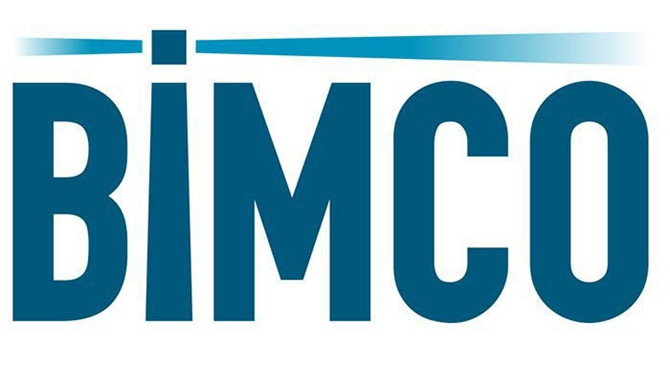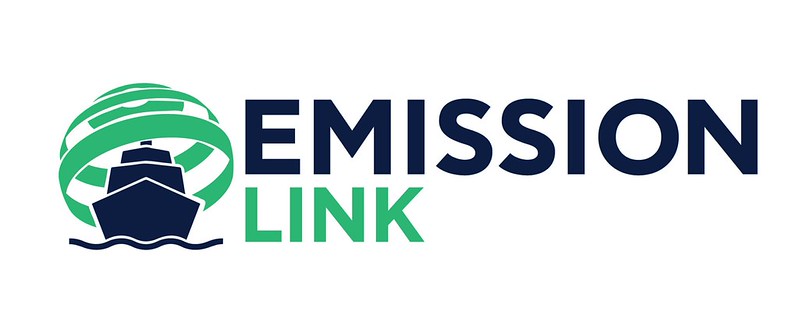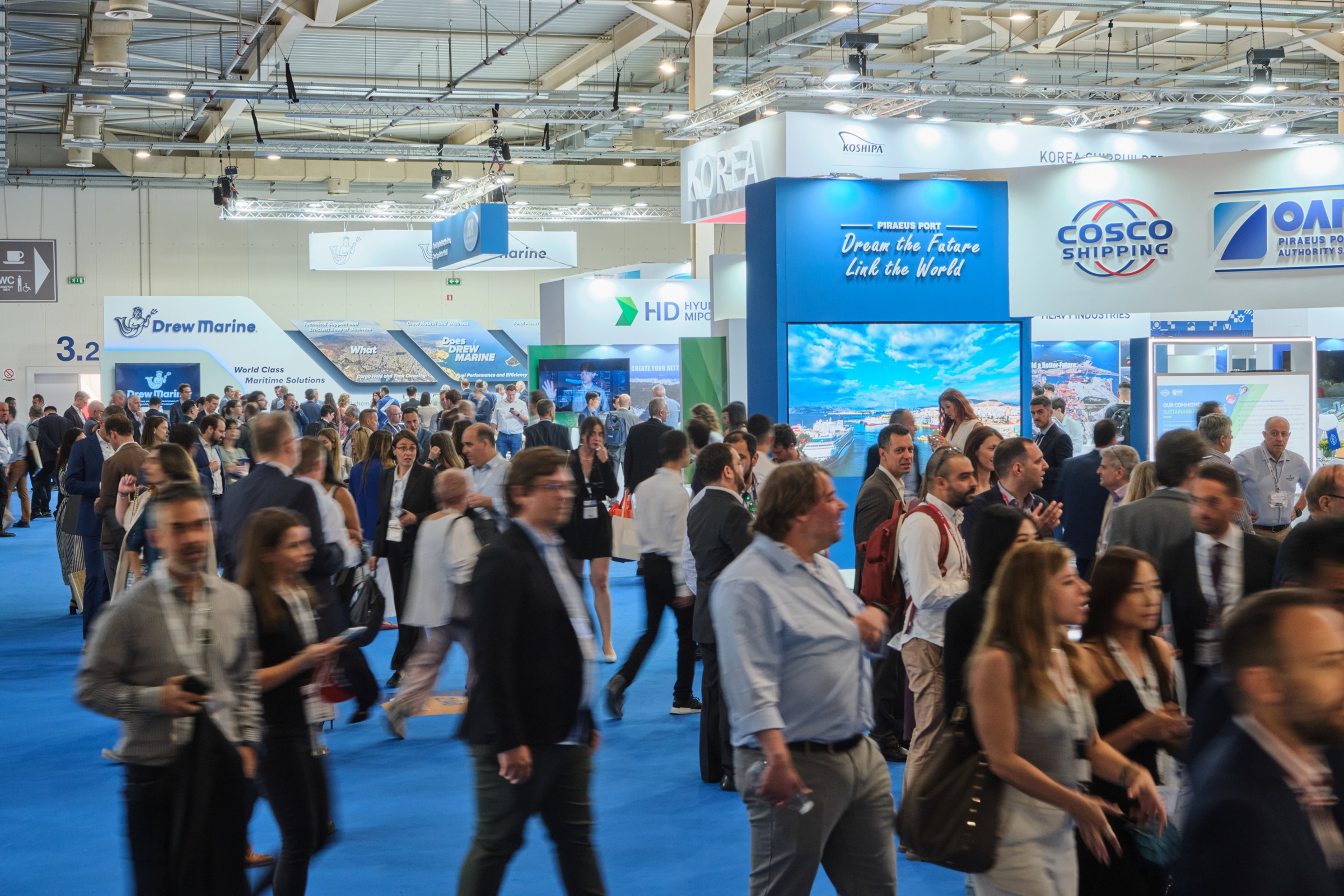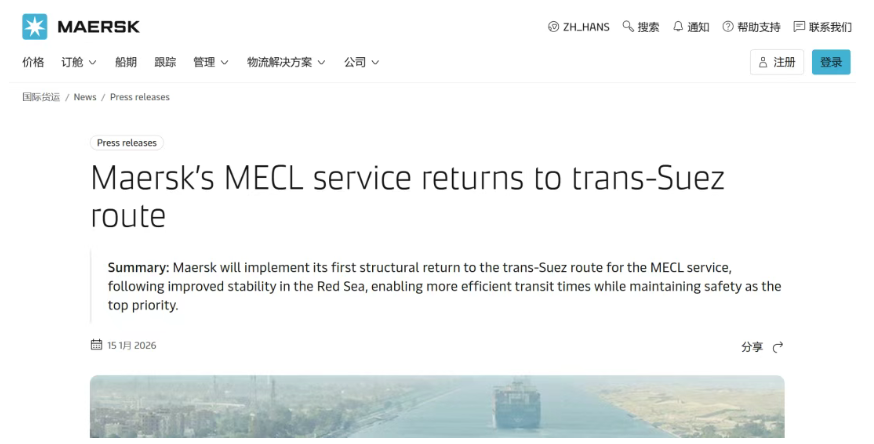
Voyage charter parties oblige the ship to proceed with utmost or due despatch, but the principle of JIT runs contrary to this by introducing an option to reduce passage speed. This means that a clause is required to allow the parties to depart from the normal contractual provisions.
An adjustment of the ship’s speed may result in the ship running close to or beyond its cancelling date at the loading port. This must also be addressed to prevent that owners have their ship cancelled, even if the delayed arrival is in response to a request by charterers. In addition, the thorny question of benefit sharing must be addressed. A charterer may save on potential demurrage bills by adjusting the arrival of the ship, but owners will benefit from reduced fuel consumption. If fuel prices are very high, owners may gain considerably more than charterers, and the incentive for charterers to use JIT may be lost.
JIT – reducing fuel consumption, emissions and saving costs
The JIT concept in the maritime industry is not new. In fact, BP Shipping was looking closely at the concept back in 2009, although it never really took off. Today it is very much back on the agenda driven by an imperative to improve port efficiency and port call optimisation and to reduce Greenhouse Gas (GHG) emissions.
The basic concept is that the speed of a ship will be adjusted to arrive at a designated place at a specified time where it can proceed immediately to a berth or terminal. To achieve this, all key stakeholders in the process need to be involved such as pilots, tugs, agents and other nautical services providers. JIT has the potential to significantly reduce waiting time at anchorages which in turn will reduce the port’s “carbon footprint”. Instead of ships’ following the common practice of “hurry up and wait” when proceeding to ports, their adjusted speed will reduce fuel consumption, reduce emissions and save costs. The overall length of a voyage remains unchanged as the JIT regime simply absorbs into the sea passage what would otherwise be waiting time and possibly time on demurrage.
The group of experts which will help draft the new JIT clause consist of Raoul Baart from Anthony Veder and Paul Brown from Ineos. They both have first-hand experience with the successful commercial application of JIT in their tanker trade. The group also includes North P&I’s Steve Cockburn, who can provide Freight, Demurrage & Defence (FD&D) expertise and bring previous experience from assisting in the development of BIMCO’s Sea Traffic Management Clause. The drafting team will also produce a clause promoting the use of IMO data elements for communicating ship arrival and departure information in a standard “global” format between ships and ports. A first draft of the new clauses will be reviewed by BIMCO’s Documentary Committee at their next meeting in January 2021.
The opinions expressed herein are the author's and not necessarily those of The Xinde Marine News.
Please Contact Us at:







